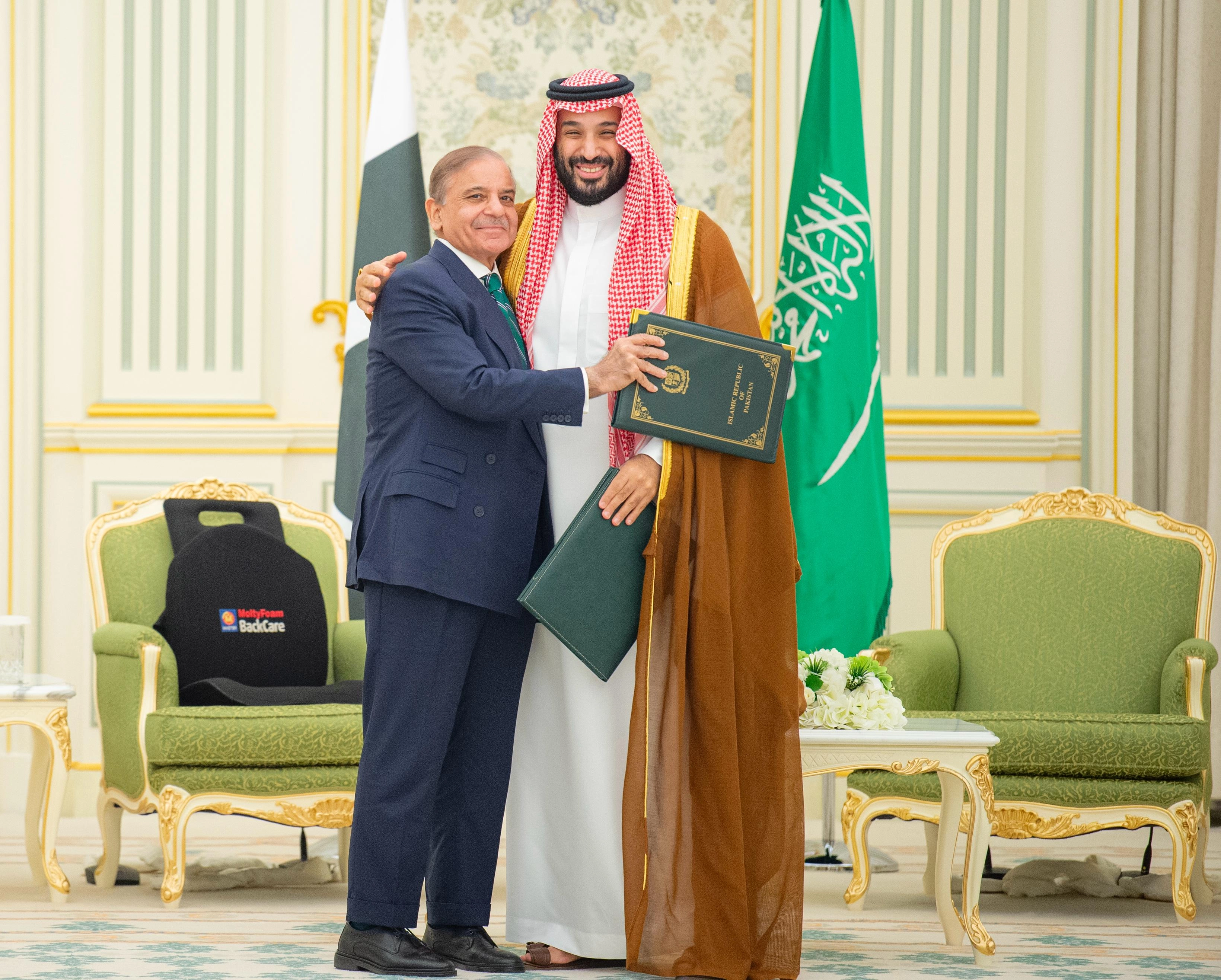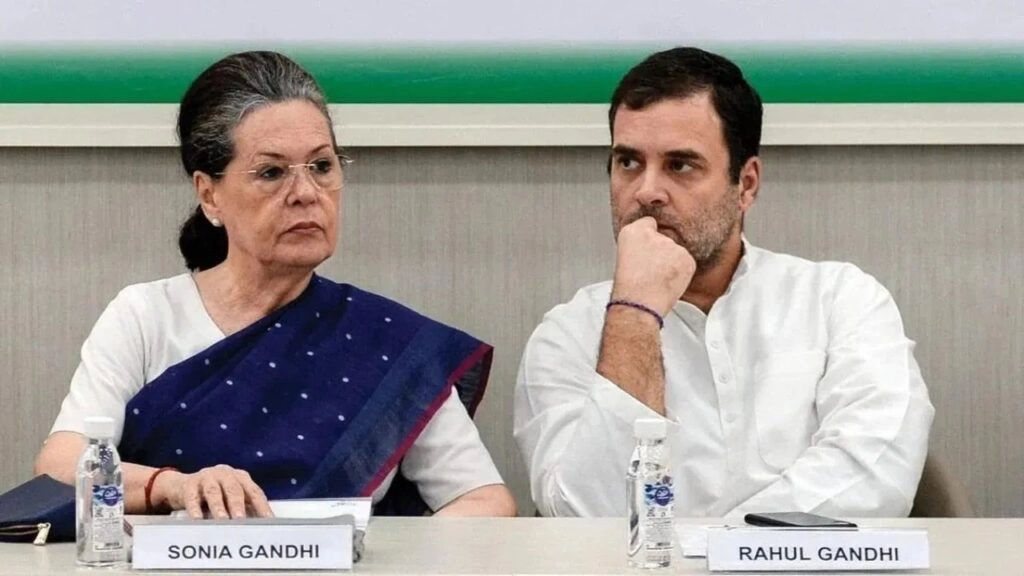In recent developments from Nepal, widespread protests have erupted, prompting a significant response from the government. In an effort to maintain order and ensure public safety, the Nepali Army has been deployed to take charge of security in various regions affected by the unrest. The protests, which have drawn thousands of demonstrators, are primarily focused on calls for political reform and social justice. Citizens are expressing their frustration over longstanding issues, including government corruption and the lack of effective governance. The situation has escalated to a point where authorities felt it necessary to involve military personnel to prevent any further violence and maintain stability in the country.
As the protests continue, the international community is closely monitoring the situation, with various organizations and foreign governments calling for peace and dialogue. Global leaders emphasize the importance of respecting citizens’ rights to peaceful assembly and expression while urging the Nepali government to listen to the demands of its people. Many advocates for human rights are stressing that addressing the root causes of the protests is essential for lasting peace in the region. The situation remains fluid, with reports of both peaceful demonstrations and clashes between protesters and security forces emerging from different parts of the country.
In response to the growing unrest, the government has called for a national dialogue aimed at addressing the grievances of the protesters. This approach has received mixed reactions from the public, with some expressing hope that it could lead to meaningful change, while others remain skeptical about the government’s willingness to implement real reforms. As the army continues to oversee security operations, the world watches closely, and the outcome of these protests could significantly shape Nepal’s political landscape in the coming months. It’s a critical moment for the nation, where the interplay between civil rights and governmental authority will play a pivotal role in determining the future trajectory of its democracy.




